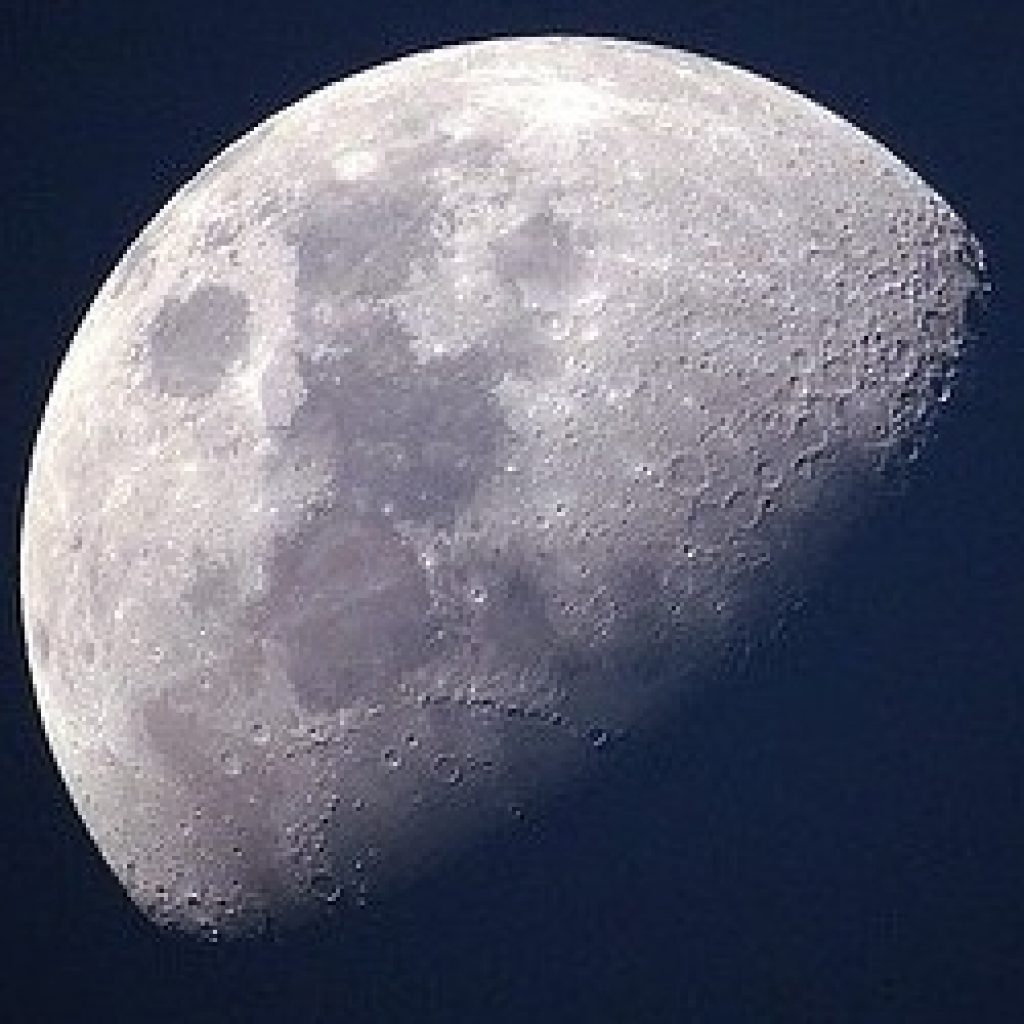Many people in the quantum technology industry have begun to talk about the sector as a space race between individual countries and regions of the world to establish quantum superiority. And some believe this race boils down to a contest between the U.S. and China.
Terrill Frantz, a Harrisburg University associate professor who spoke at the recent IQT Fall conference, would welcome that prospect. “I would love a moon race with China,” he said. “I think that’s the best thing since sliced bread because it will get us Westerners off our butts to work even harder because now we’ve got a competitor. It’s not a bad thing.”
It “will make all of us better, and I’m trying to look at it from both sides,” added Frantz, who lived in and worked as a teacher in China for many years. He’s now Associate Professor of eBusiness and Cybersecurity, Quantum Information Science Programs at the Harrisburg University of Science and Technology.
However, Frantz also said we shouldn’t let geopolitics ruin the competitive fun. “Unfortunately as I see it… there is a ton of evidence that standards setting is starting to get in the geopolitical conversation, and that’s got me concerned because that’s not healthy competition,” he said. “We’ve had healthy competition with China for the last 20 years and we all benefited from it, some more than others, but now we’re getting away from that healthy competition to ugly competition, and that’s got me concerned.”
In the latest geopolitical turn, the U.S. Department of Commerce added several Chinese technology firms, including some working in quantum, to its Entity List–essentially a blacklist. That move came after the National Institute of Standards and Technology issued an RFI seeking comment for a potential investigation of China’s growing role in international technology standards work. Both moves came roughly a month after China’s State Council released new details of the country’s plan to play a bigger role in technology standards.
